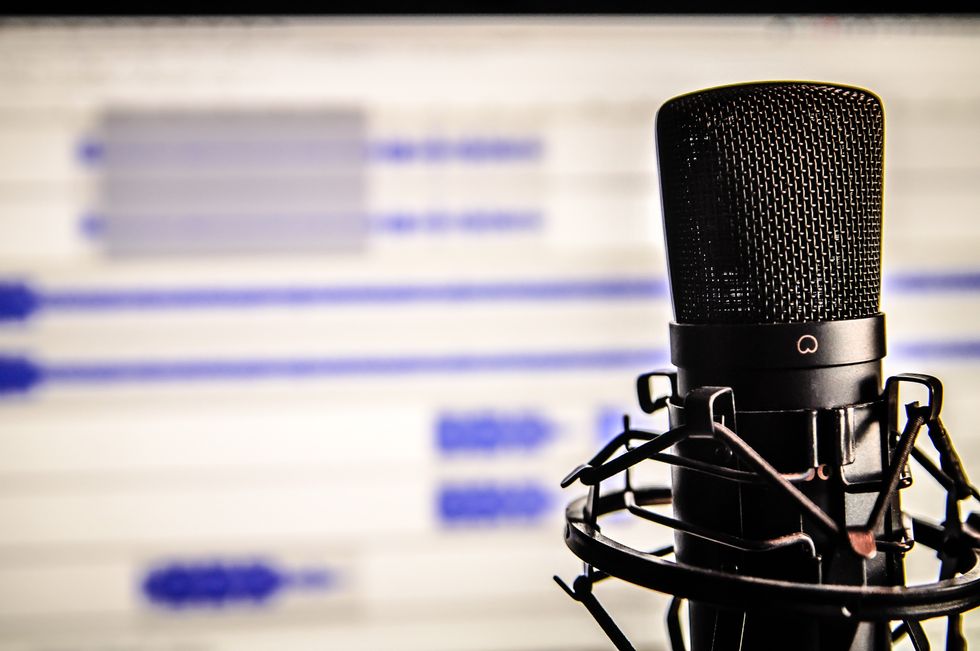The ways in which our generation gets our news updates is often shrouded by fake news, biased media outlets, and an increasing reliance on Twitter and social media. We take opinion as fact and believe the loudest voices, or fastest typers, before taking a second to check their sources or do some reading for ourselves.
From the outside looking in, it may seem as though our generation is "lazy" and isn't willing to sacrifice time in order to avoid the risk of being ill-informed. In reality, however, I believe that written news articles wrought with political jargon and confusing references to events that may not be mainstream are an antiquated feature of news distribution. The average student may not have time to read volumes of literature and articles about the Palestine-Israeli conflict or be well-versed enough in economic jargon to understand a complex and detailed article about the president's financial history.
These topics, along with many others, are relevant to the average person, however they each cater to a different specialty or field of expertise. People should not have to be economists or historians in order to have a general basis of understanding of the news or current events. At the same time, however, with the advent of new forms of media and news sources, lack of specialization or expertise is no longer an excuse for not being informed about the events in our country and around the globe.
One of the most accessible ways to get the news as well as learn significant and valuable information about a variety of relevant topics is through podcasts. By listening to podcasts on my morning commute and having them on as background while I work throughout the day, I have found myself learning so much about topics I had never heard of, while also gaining a fundamental understanding of the current events happening in our country.
Some of my favorite podcasts for the news are The Daily by The New York Times and NPR News Now. They both offer quick, yet in depth overviews of the day's most important news stories. Some of my other favorite podcasts are more science oriented, such as Invisibilia and Hidden Brain. By bringing in the opinions of experts and weaving together fact with effective storytelling, the makers of these podcasts and many like them ensure that the listeners are able to learn enough to gather an objective opinion on topics that are relevant to our everyday lives. From stories about American and European citizens who left to join terrorist organizations abroad, to glimpses into the life of someone who suffers from an illness such as amplified pain syndrome or obsessive compulsive disorder, exploring their lifestyle and treatment, there is a topic that can resonate with just about anybody. There is also no shortage of phenomenal true crime and comedy podcasts that are entertaining as well as informative.
Our generation no longer has to choose between relying on a Twitter moment for the important news or reading a lengthy article that might not fill all the necessary knowledge gaps. Podcasts are a middle ground where busy, well-rounded people who want to maintain their knowledge about the world around them can engage in an intellectual conversation while they carry on with their own daily responsibilities. Next time you find yourself bored of the same music or tired of re-watching the same shows on Netflix, listen to a podcast. You'll be binge-listening, guilt-free in no time.








































